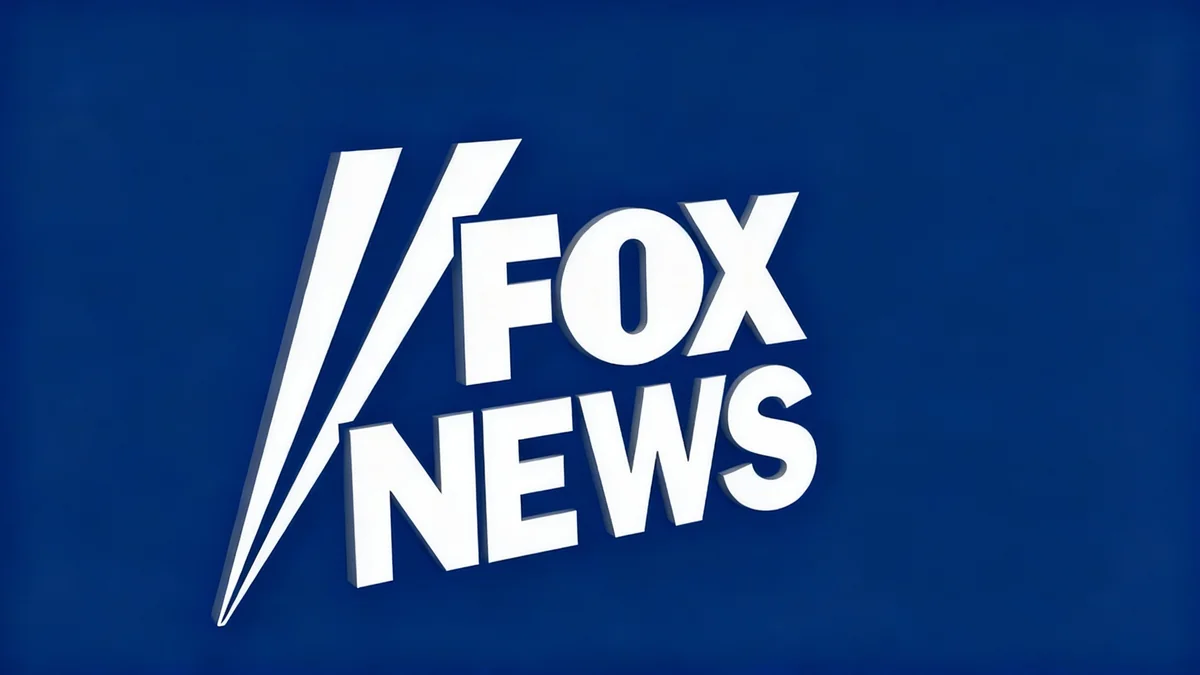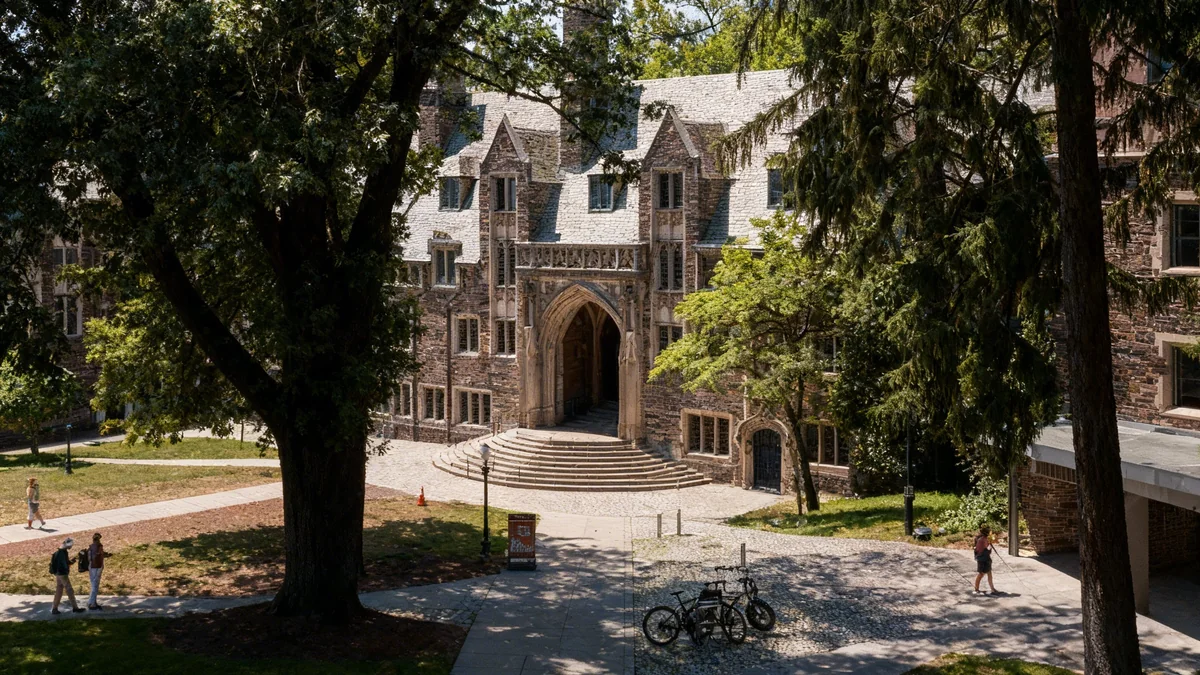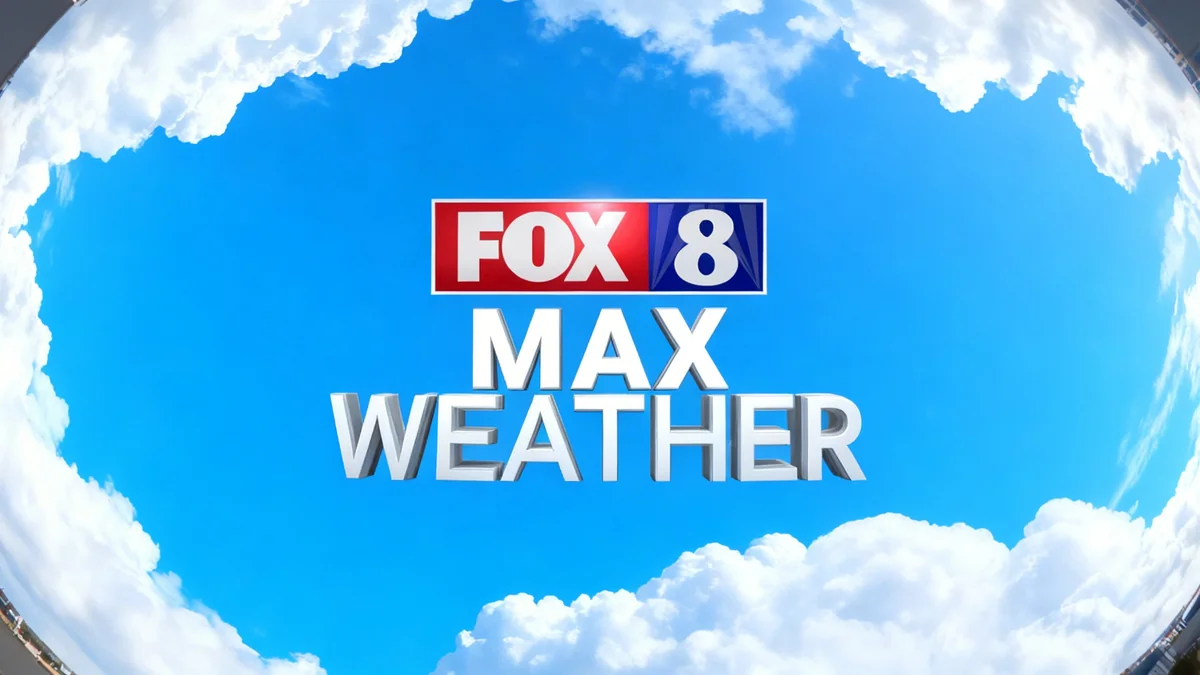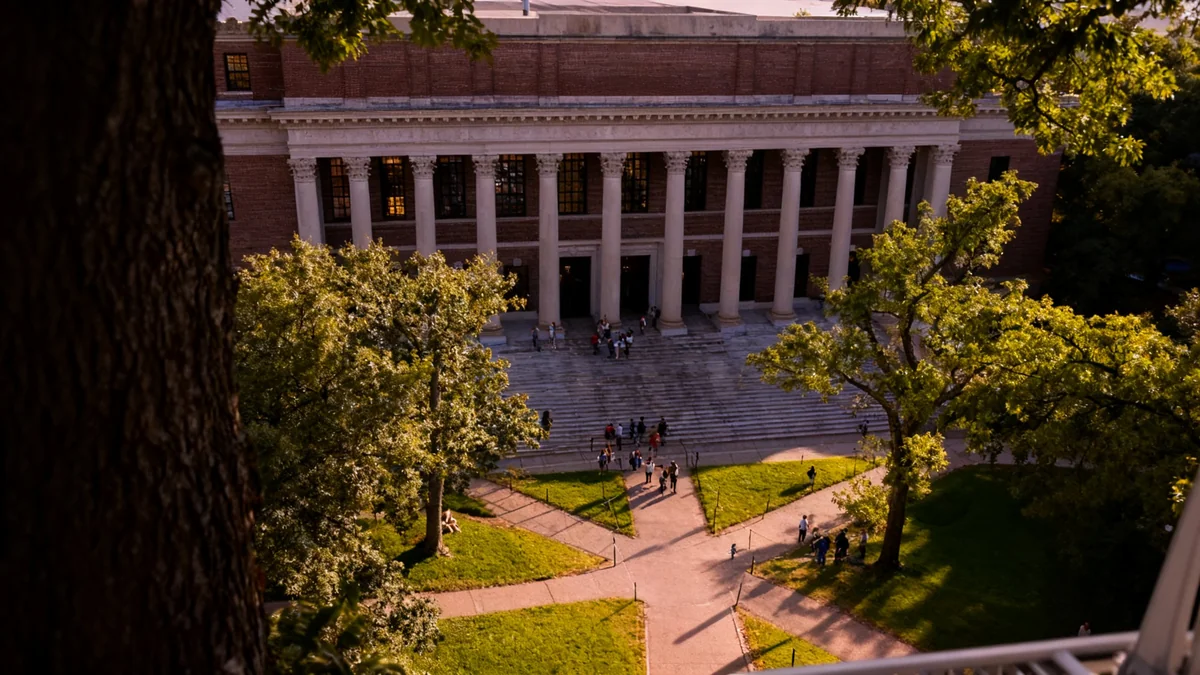The U.S. State Department is proposing a significant policy shift that could affect dozens of the nation's leading academic institutions. A proposal is under review to suspend 38 universities, including Ivy League schools like Harvard and Yale, from a key federal research partnership due to their diversity, equity, and inclusion (DEI) initiatives.
The move, outlined in a November 17 memo, targets schools that maintain DEI-related goals or hiring practices. If enacted, the suspensions from the Diplomacy Lab program could take effect as early as January 1, 2026, fundamentally altering the landscape of academic collaboration with the federal government.
Key Takeaways
- The State Department is considering suspending 38 universities from its Diplomacy Lab program.
- The reason cited is the continued implementation of Diversity, Equity, and Inclusion (DEI) policies at these institutions.
- Prominent universities on the list include Harvard, Yale, Stanford, and Johns Hopkins University.
- The proposed suspensions could begin on January 1, 2026, with program slots reallocated to other schools.
Understanding the Diplomacy Lab Program
The Diplomacy Lab is a public-private partnership established in 2013. It connects the Department of State with over sixty U.S. academic institutions, creating a unique collaborative environment. Through this program, student-led academic teams conduct research on a wide range of topics identified by the department as priority policy areas.
The initiative allows students and faculty to contribute directly to the diplomatic process by exploring real-world challenges. In return, the State Department gains access to a broad network of academic expertise and innovative research that can inform foreign policy decisions. The program includes a diverse mix of community colleges, public and private universities, and minority-serving institutions.
A Bridge Between Academia and Policy
Since its inception, the Diplomacy Lab has served as a critical link between American universities and the federal government's foreign policy arm. Projects often cover complex issues such as international security, economic development, and human rights, giving students hands-on experience in policy-relevant research.
The Universities Facing Suspension
The list of institutions potentially impacted by this proposal includes some of the most prestigious universities in the country. The criteria for review focus on schools that "openly engage in DEI hiring practices" or have established DEI-related objectives for job candidates.
Among the 38 universities under consideration for suspension are several high-profile names. This potential removal from the program signals a major shift in the department's academic partnerships.
Prominent Institutions at Risk
The initial list of schools that could be suspended is extensive and features many top-tier research universities. These institutions are known for their significant contributions to various fields of study and policy analysis.
- Stanford University
- Yale University
- Harvard University
- Johns Hopkins University
- Duke University
- University of Southern California (USC)
- American University
- George Washington University
- Syracuse University
- Several University of California campuses
The exclusion of these universities would represent a significant change in the composition of the Diplomacy Lab's academic partners. The program has long relied on the diverse research capabilities offered by these institutions.
A Decade of Collaboration
The Diplomacy Lab program has been active for over a decade, fostering research partnerships since 2013. The potential suspension of nearly 40 long-standing members marks one of the most substantial reviews of the program's structure since its founding.
Administration's Stance on DEI
This proposed action aligns with the Trump administration's broader policy goals concerning DEI initiatives within the federal government and its affiliates. Since January, President Donald Trump has actively worked to dismantle DEI programs across federal agencies and has previously indicated that universities could risk federal funding over their continuation of such programs.
The State Department's review of the Diplomacy Lab appears to be a direct implementation of this agenda. The focus is on ensuring that all federal programs are consistent with the administration's priorities.
"The Trump Administration is very clear about its stance on DEI. The State Department is reviewing all programs to ensure that they are in line with the President’s agenda."
This statement confirms that the review is part of a government-wide effort to reassess programs through the lens of the administration's policy on diversity, equity, and inclusion. The outcome of this review could set a precedent for other federal-academic partnerships.
Potential New Partners
Should the suspensions proceed, the vacated slots in the Diplomacy Lab program would not remain empty. The proposal includes reallocating these partnership opportunities to a different set of academic institutions.
The memo suggests that schools such as Liberty University and Brigham Young University could be among the new partners. Additionally, several universities located in Missouri and Texas are being considered as replacements. This would shift the program's geographic and ideological balance, introducing new academic perspectives into the State Department's research network.
The potential reallocation of these partnerships underscores a deliberate effort to reshape the academic network that informs U.S. diplomacy. The final decision, expected to be implemented by early 2026, will be closely watched by the higher education community and policy experts alike. At the time of reporting, the universities mentioned have not issued public comments on the matter.





